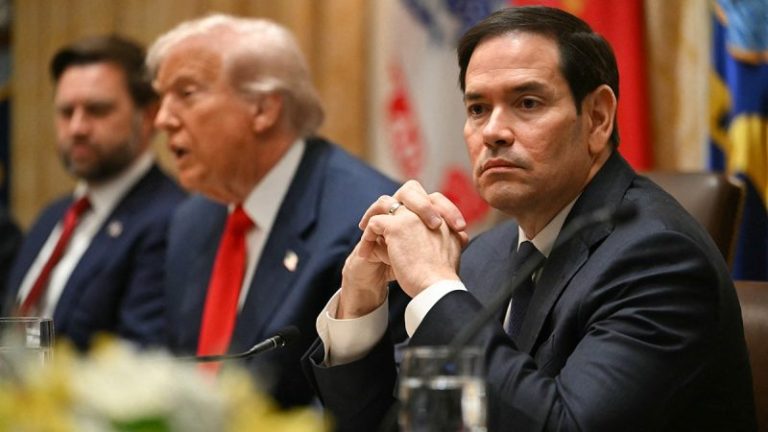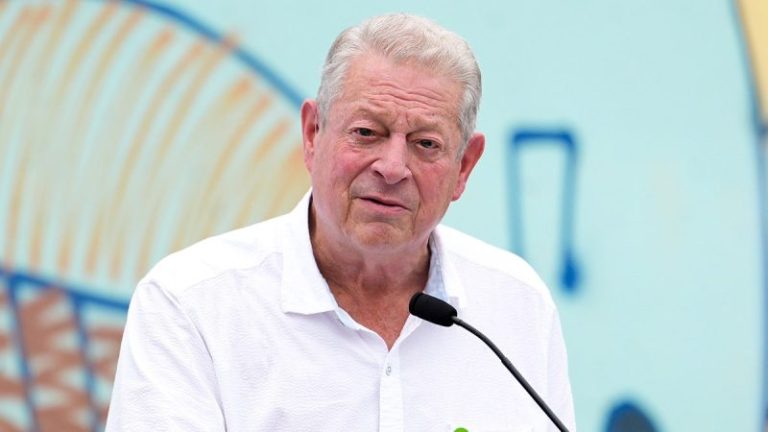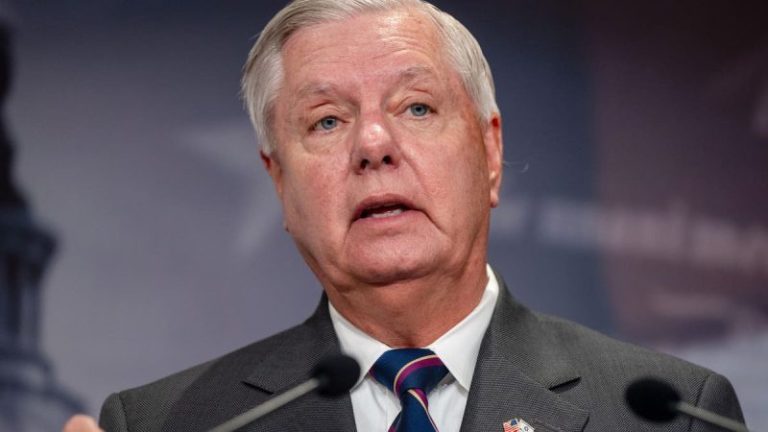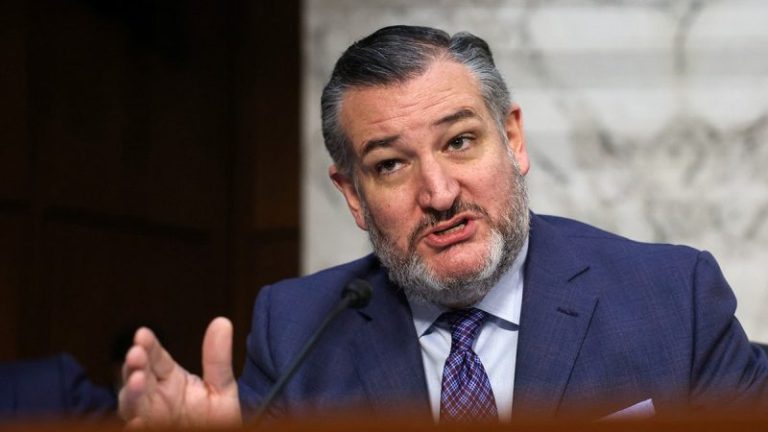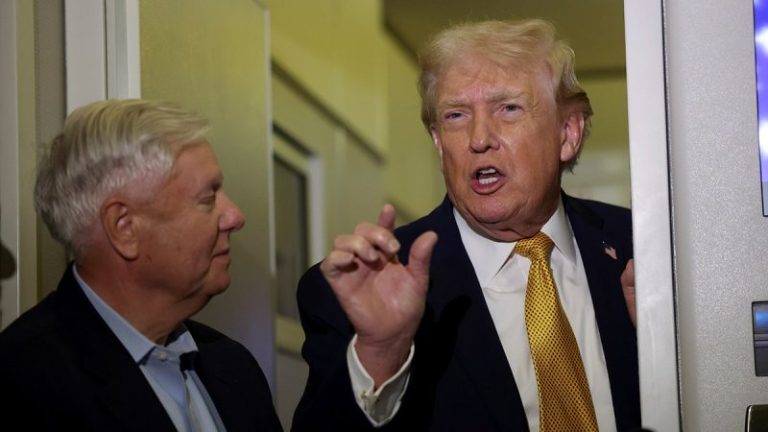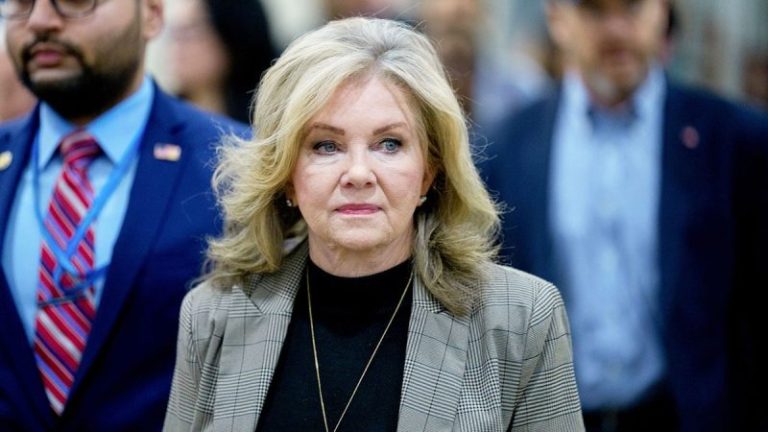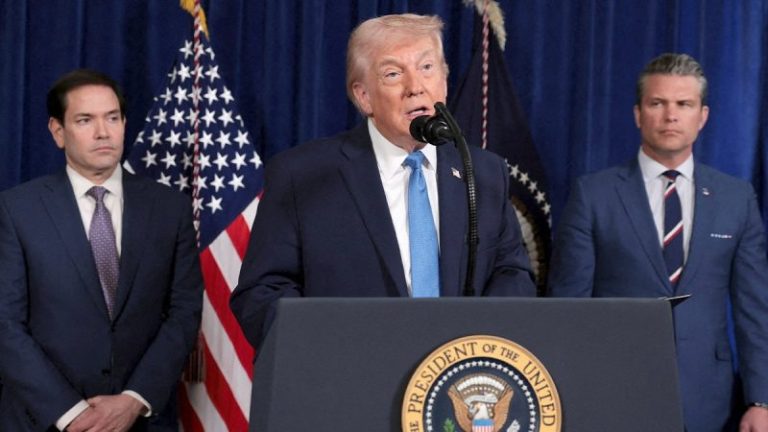President Donald Trump on Wednesday signed a presidential memorandum directing the U.S. to withdraw from 66 international organizations, ordering executive departments and agencies to cease participation in and funding of entities the administration says no longer serve U.S. interests.
The memorandum follows a State Department review ordered earlier this year under Executive Order 14199 and applies to 35 non-United Nations organizations and 31 United Nations entities, according to the White House.
In the memorandum, Trump said he reviewed Secretary Rubio’s findings and determined it is ‘contrary to the interests of the U.S. to remain a member of, participate in, or otherwise provide support’ to the listed organizations.
The order directs all executive departments and agencies to take immediate steps to effectuate the withdrawals as soon as possible. For United Nations entities, withdrawal means ceasing participation in or funding to the extent permitted by law.
The administration framed the move as part of Trump’s broader ‘America First’ agenda aimed at restoring American sovereignty and ending taxpayer support for organizations it views as wasteful, ineffective or contrary to U.S. interests.
Review of additional international organizations remains ongoing, according to the White House.
Secretary of State Marco Rubio said the withdrawals fulfill a key commitment of Trump’s presidency.
‘Today, President Trump announced the U.S. is leaving 66 anti-American, useless, or wasteful international organizations,’ Rubio said in a post on X. ‘Review of additional international organizations remains ongoing.’
Rubio said the administration concluded the institutions were ‘redundant in their scope, mismanaged, unnecessary, wasteful, poorly run, captured by the interests of actors advancing their own agendas contrary to our own, or a threat to our nation’s sovereignty, freedoms, and general prosperity.’
‘It is no longer acceptable to be sending these institutions the blood, sweat, and treasure of the American people, with little to nothing to show for it,’ Rubio said. ‘The days of billions of dollars in taxpayer money flowing to foreign interests at the expense of our people are over.’
The list includes organizations involved in areas such as climate, energy, development, governance, migration and gender policy, according to the White House. The White House published the full list alongside the order.
Rubio said the withdrawals reflect a shift in how the administration views international engagement.
‘We will not continue expending resources, diplomatic capital, and the legitimizing weight of our participation in institutions that are irrelevant to or in conflict with our interests,’ Rubio said. ‘We seek cooperation where it serves our people and will stand firm where it does not.’
The White House and the State Department did not immediately respond to Fox News Digital’s request for comment.

